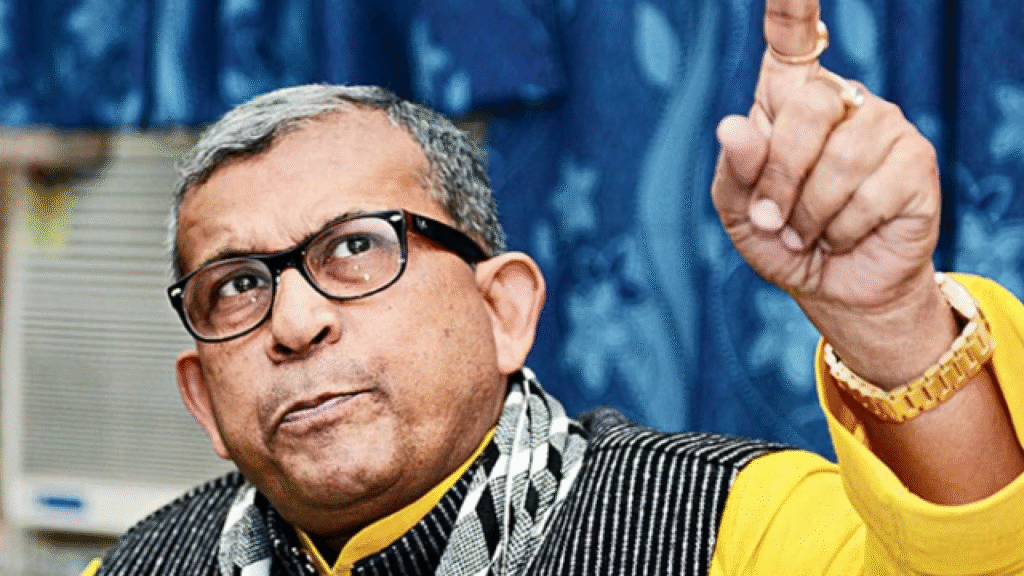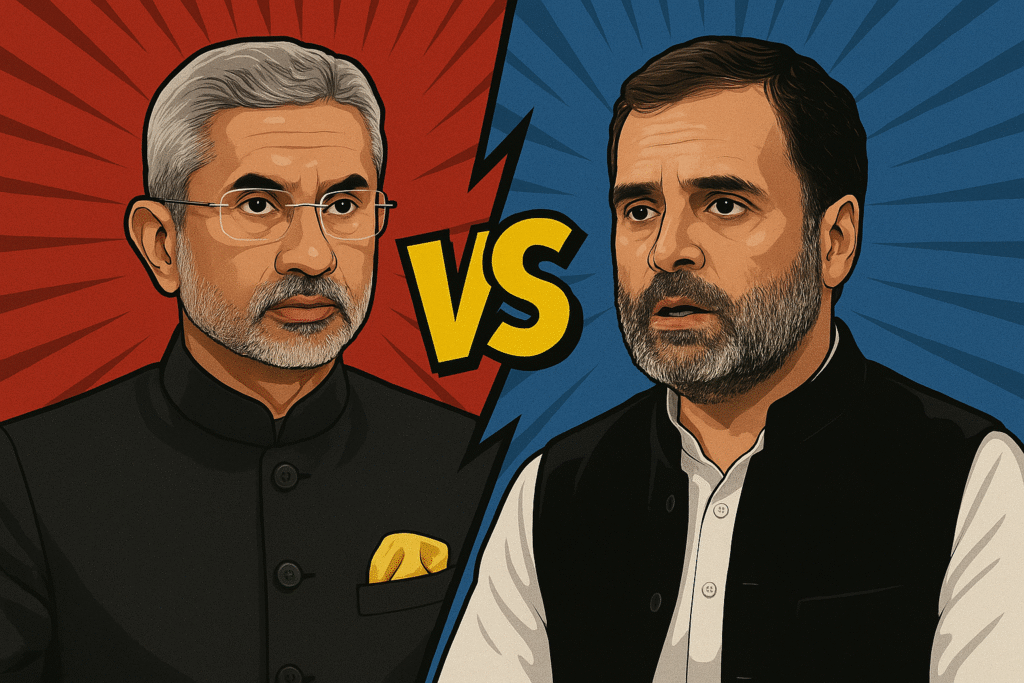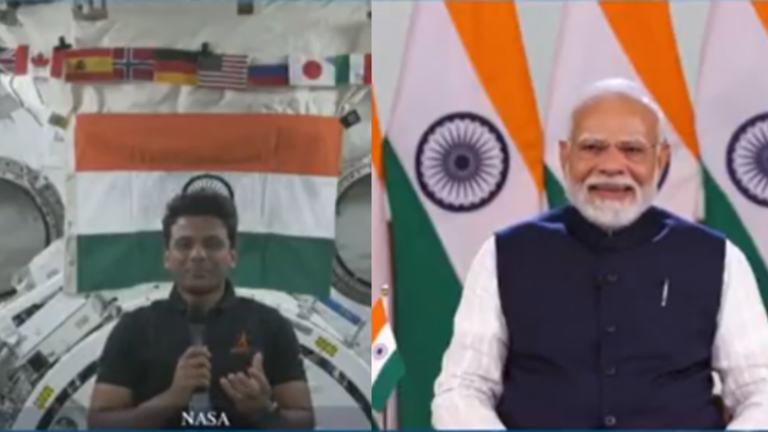TMC Minister’s Comment Triggers Political Firestorm as BJP Demands Mamata’s Resignation
Can one careless phrase shake the foundations of political credibility? West Bengal Minister Manas Bhunia has landed in hot water after referring to the Kolkata law college gang-rape incident as a “small incident” during a media interaction. While the Trinamool Congress (TMC) claims his remarks were misquoted and taken out of context, the Bharatiya Janata Party (BJP) has launched a full-blown political attack on Chief Minister Mamata Banerjee, accusing the ruling party of normalising crimes against women.
Shame!
— BJP West Bengal (@BJP4Bengal) July 1, 2025
State Minister Manas Bhunia, echoing Mamata Banerjee’s stance, claims that rape is a “small incident” and that people create unnecessary noise every time such a case occurs!
This is the culture of TMC. Sometimes they question the character of the rape survivor, and… pic.twitter.com/3VDBZN38mv
The outrage stems not only from Bhunia’s comments but also from a series of troubling statements by other TMC leaders. With a young law student allegedly gang-raped inside her own college premises, the case has highlighted Bengal’s recurring struggle with ensuring women’s safety—and how political narratives often overtake justice discourse.
Kolkata Law Student Gang-Rape Turns Into Full-Blown Political Scandal in Bengal
Soon after Bhunia’s “small incident” remark was circulated widely, the BJP seized the moment to corner the TMC, calling it a reflection of the party’s insensitive attitude towards crimes against women. Amit Malviya, BJP IT Cell head, accused Bhunia of trivializing a heinous act, while Sukanta Majumdar demanded CM Mamata Banerjee’s public apology and resignation.
Bhunia clarified that his words were misrepresented. He said he condemned the incident and supported strict action against the accused. But this wasn’t the first TMC-related controversy in the case—earlier, MLA Madan Mitra suggested the victim was partly to blame, and MP Kalyan Banerjee made a dismissive comment, saying, “What can be done if a friend rapes a friend?” These remarks triggered public anger, leading the TMC to issue a show-cause notice to Mitra.
On the other hand, BJP has doubled down. It has formed a four-member fact-finding committee, demanded a CBI probe, and declared the incident “state-sponsored brutality,” alleging that the accused were linked to the TMC’s student wing. Public sentiment is increasingly volatile, with sections of civil society and the legal fraternity also raising concerns over justice delivery and victim dignity.
As the Calcutta High Court is being urged to take suo motu cognizance, the debate has now shifted from justice for the survivor to the morality and accountability of elected representatives. Will the case push the political class to adopt more sensitive approaches, or will it disappear into another cycle of blame games and forgotten justice?
The Kolkata gang-rape case has exposed more than just security lapses in educational institutions—it has laid bare the dangerous trivialization of sexual violence in political discourse. As the state reels under public scrutiny, all eyes are now on the courts and civil society to ensure justice isn’t buried under press statements and damage control tactics.





















